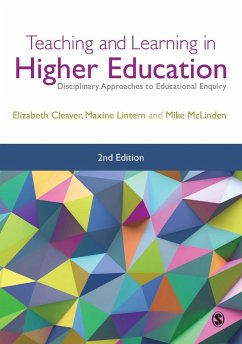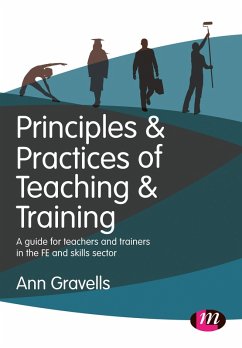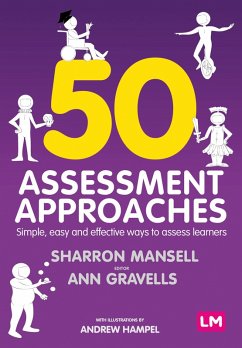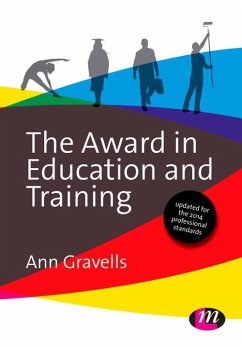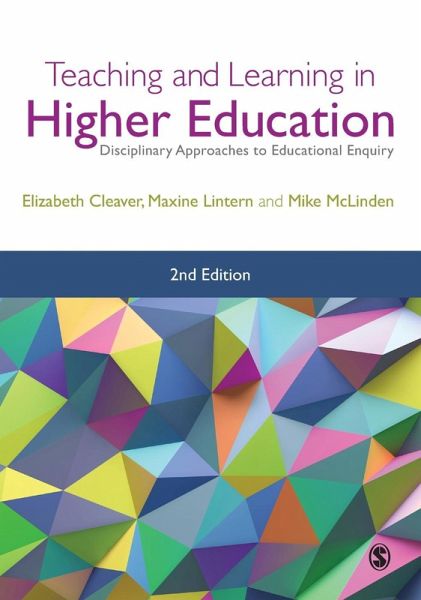
Teaching and Learning in Higher Education (eBook, ePUB)
Disciplinary Approaches to Educational Enquiry
Versandkostenfrei!
Sofort per Download lieferbar
35,95 €
inkl. MwSt.
Weitere Ausgaben:

PAYBACK Punkte
18 °P sammeln!
This book explores best practice approaches to undertaking enquiry into learning and teaching in higher education for staff from all academic disciplines. A general introduction to the methods most commonly used in undertaking enquiry in the field of education is complemented by chapters exploring how research methods from a range of disciplinary areas can be adapted and used for educational enquiry.New to this second edition:· Chapters on interdisciplinary educational enquiry in geography and using ethnographic methods for educational enquiry· New case studies and suggested activities· A r...
This book explores best practice approaches to undertaking enquiry into learning and teaching in higher education for staff from all academic disciplines. A general introduction to the methods most commonly used in undertaking enquiry in the field of education is complemented by chapters exploring how research methods from a range of disciplinary areas can be adapted and used for educational enquiry.
New to this second edition:
· Chapters on interdisciplinary educational enquiry in geography and using ethnographic methods for educational enquiry
· New case studies and suggested activities
· A reflective final chapter inviting readers and their institutions to develop and promote an organisational culture founded on critical enquiry
This is essential reading for anyone undertaking HE qualifications in learning and teaching (including PGCTLHE and PGCAP) and for academics wishing to apply their skills of research and enquiry to their learning and teaching practice.
New to this second edition:
· Chapters on interdisciplinary educational enquiry in geography and using ethnographic methods for educational enquiry
· New case studies and suggested activities
· A reflective final chapter inviting readers and their institutions to develop and promote an organisational culture founded on critical enquiry
This is essential reading for anyone undertaking HE qualifications in learning and teaching (including PGCTLHE and PGCAP) and for academics wishing to apply their skills of research and enquiry to their learning and teaching practice.
Dieser Download kann aus rechtlichen Gründen nur mit Rechnungsadresse in A, D ausgeliefert werden.




